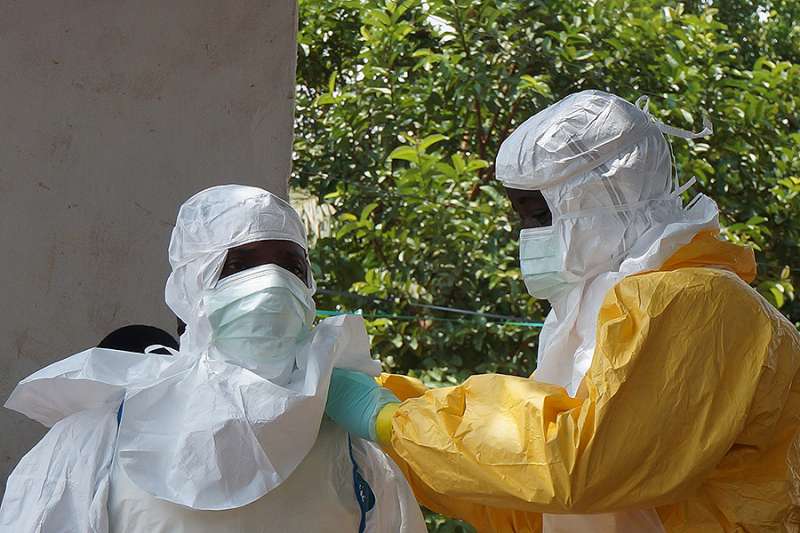A Catholic priest has contracted the Ebola virus in the Democratic Republic of Congo amid a continuing outbreak that began in the nation earlier this month.
The priest, whose name was not released, serves in the eastern diocese of Mbandaka-Bikoro, which has around 1 million residents. Medical sources told AFP that the priest who tested positive for Ebola has been quarantined.
The Catholic priest joins more than 50 other individuals in the nation infected with Ebola, according to new statistics released by the Congolese Health Ministry on May 25. The new figures reflect recent lab tests on bodies and show a lower death toll than originally reported, confirming 22 deaths from Ebola instead of 27.
Extremely contagious and highly deadly, Ebola gained major international attention during the 2014-2016 epidemic in West Africa that left more than 11,000 people dead.
In the latest outbreak in DRC, the first case of Ebola was reported on May 8 in the rural Equateur province near Bikoro, and later spread to Mbandaka. The World Health Organization has said that the chances of Ebola spreading to other parts of the nation are “very high.”
Efforts to contain the fatal disease were set in motion by the nation’s health ministry last week, as officials administered Ebola vaccines to more than 600 people on May 21. Most of the doses were given to medical staff and those in close contact with Ebola patients.
President Joseph Kabila also approved an increase in Ebola emergency funds to $4 million, while various aid organizations such as Catholic Relief Services have been working to educate locals on the best protocols to prevent and fight Ebola.
The World Health Organization is also responding by sending health workers and medical supplies to the affected areas, while UNICEF has installed hand-washing stations in more than 50 schools.
Dr. Jean-Jacques Muyembe, a pioneer in the field of Ebola from its first identification in 1976 in DRC, believes that previous experience will be of use to containing the disease.
“I am confident because I think we have very good experience of this disease and we’ll stop this outbreak as soon as possible,” Muyembe told the BBC.
“We have some experience of managing this kind of an outbreak in a city. I don’t think we’ll have the kind of situation witnessed in West Africa in 2014,” he continued, adding that he was “positively surprised” by most of the affected areas that he visited.
However, containment of the virus heavily relies on quarantine and isolation. On Monday, three Ebola patients were removed from their treatment centers by their families and taken to church for a prayer service. This was considered a major breech in the medical protocol for Ebola treatment and prevention.
“Patient adherence is paramount,” read a statement from Medecins Sans Frontieres (MSF), the medical agency running the treatment centers. The agency said that “forced hospitalization is not the solution to this epidemic,” although it is making efforts to convince patients to remain in their isolation units.
Ebola, which has no known cure, has proven fatal in as high as 90 percent of cases, depending on the strand of the virus. Symptoms include fever, vomiting, diarrhea, muscle pains and occasional bleeding. It is primarily spread through contact with bodily fluids.

